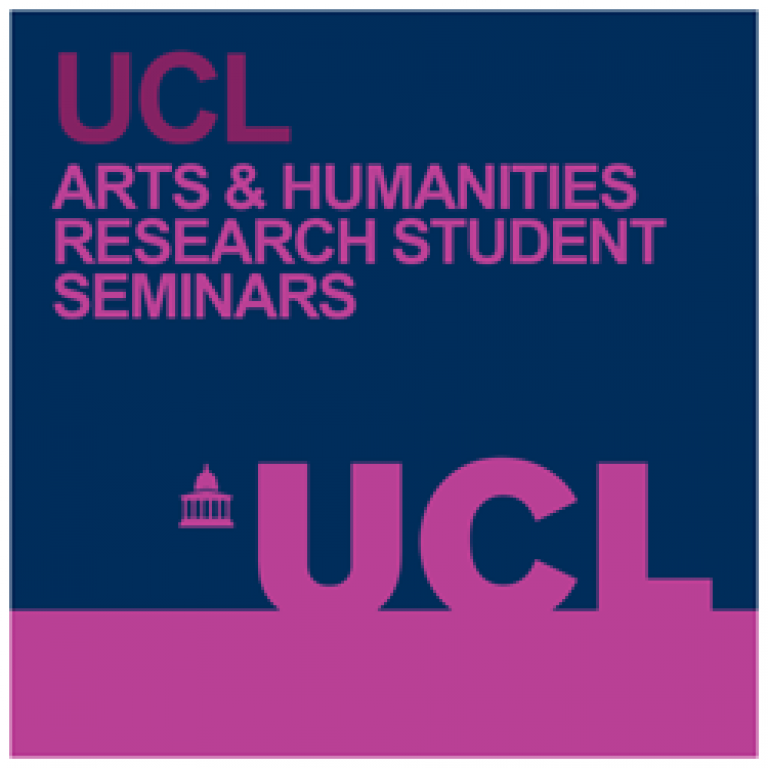Junger & Patocka: From the Experience (Erlebnis) to History
24 November 2016, 6:00 pm–7:00 pm

Event Information
Location
-
Room 347, UCL SSEES 16 Taviton Street, London WC1H 0BW
Michaela Belejkanicova (UCL SSEES) will present her research on Junger & Patocka:From the Experience (Erlebnis) to History.
In his final work, Heretical Essays in the Philosophy of History (1975), Jan Patočka introduces the concept of a novel political community - the solidarity of the shaken. Conventional interpretations argue that Heretical Essays are the result of Patočka’s critical examination of the philosophies of history, formulated by his predecessors, Edmund Husserl and Martin Heidegger. This claim is undoubtedly correct.
The problems however occur, when Patočka starts to bring into the discussion a series of enigmatic concepts, which are entirely absent in Husserl’s or Heidegger’s discourses on history. Patočka sets the solidarity of the shaken into an obscure environment of the front line experience (an environment of political violence). He lays an emphasis on the necessity of a turn metanoein (μετανοεῖν) and encourages a human being to sacrifice oneself. If one reads Heretical Essays solely through the lens of his abovementioned predecessors’ philosophies of history, Patočka’s final, mature understanding of history and the concept of the solidarity of the shaken remain veiled in mystery.
The talk primarily aims to clarify the enigmatic concept of the solidarity of the shaken. In order to do so, I will argue, Patočka’s final essays need to be read not only as a criticism of the philosophies of history developed by Husserl and Heidegger, but, importantly, as Patočka’s fervent criticism of a model of material history that is gradually developed by Ernst Jünger in his inter-war works: Total Mobilization (1930), The Worker: Domination and Form (1932), and in the essay On Pain (1934).
By introducing a new reading of Patočka’s Heretical Essays, the concept of the solidarity of the shaken, which is central in Patočka’s treatment of history, will appear to be a negation of the community of the workers (proposed by Jünger), which is the extension of Friedrich Nietzsche’s doctrine of will to power. The solidarity of the shaken will represent Patočka’s response to the dangers of material history, which Walter Benjamin correctly recognises in his essay ‘Theories of German Fascism’ to be foundational for the ideology of fascism, which Patočka observes to be the seed bed for the communist regime in Czechoslovakia during his time.
A seminar hosted by the UCL SSEES Arts and Humanities Research Student Seminars
Student Co-ordinator: George Bodie
 Close
Close

